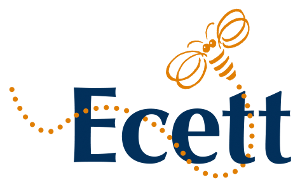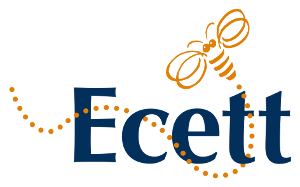Gruppo CEIS – Modena – Italy 28.05.2021
Annalisa Pezzini & Claudio Falavigna

What does the Ceis Group do in the field of minors?
Ceis is an articulated system of educational services for children and adolescents and works for the prevention and recovery of physical, psychological and social distress of children and adolescents. The result is a set of educational and social opportunities that promote, in collaboration with families and other socio-educational bodies in the region, the harmonious psycho-physical and social development and the full blossoming of the children’s personality.
The practices of reception of an Unaccompanied Forein Minor (UFM):
Types of service for minors
- residential and semi-residential educational communities
- communities for autonomy
- rapid reception community
- community for pregnant women and mothers with children
- family community
The aim is to promote prevention and rehabilitation policies in cases of physical, psychological and social distress, in communication with other health and educational institutions in the area. The network, formed by the different structures of the group, constitutes an ideal educational pathway that offers a system of reception, protection and integration that accompanies the minor from birth to majority until the complete achievement of autonomy. The rights of children and adolescents are assumed by the Ceis group as a political and cultural reference and as a basic criterion to guide their choices. The day-to-day commitment therefore also aims to support parenting skills, providing families with tools to cope with phases of change, as well as with moments of crisis.
The group’s approach is one of prevention, seeking to provide qualified and flexible responses to children and young people whose families cannot guarantee harmonious growth. The development of these services for minors is growing and consolidating year by year, paying particular attention to age changes, development, risk and protection factors in the world of childhood and adolescence and the cultural differences of the minors in care.
The “voluntary guardian”
When the UFM arrives in Italy, being a minor and without parents, he/she is placed under the formal protection of the municipality, which in turn places him/her in an educational or autonomy structure where the minor is followed by a team of educators (but usually also has a reference educator). The link between the Municipality, the Community, the minor and possibly a voluntary guardian is held by the social worker who is at the Municipality. The voluntary tutor is a person outside both the CEIS and the Municipality, he is a “normal” citizen who, after having followed a specific course, can take charge of the UFM in the sense of accompanying the growth as an additional reference point in the territory.
Law 47/2017 was introduced on the basis of previous good practices widespread in some parts of the national territory; it invites private citizens to fulfil the role of voluntary guardian in a more direct and effective way (also thanks to the maximum number of minors that a voluntary guardian can follow: three young people). The voluntary guardian is in fact called upon to be the new point of reference for unaccompanied foreign minors, facilitating their growth in the host society and monitoring the protection of their rights.
Extract from the good practice written by Yves Delbar following his Ecett internship at GruppoCeis in Modena “The fluidity of the Ceis network in Emilia-Romagna and the reception practices of mena in institutions” (good practice available on the Ecett e-learning platform)
By helping people to overcome clichés about foreigners, the centre emphasises differences from a constructive and positive point of view and proposes ways of integration. The CEIS commitment is to support these migrants who have suffered hardship and deprivation by building a pathway to citizenship with them (learning the Italian language, schooling, training, other learning…). The different structures of the CEIS group offer an educational programme that provides a system of protection and integration up to the age of 18 for UFMs. We met the following services: “Argonaute”, “Pio istituto Paride Colfi”, “Villagio del Fanciullo”. For example, the “Argonaute” reception centre receives unaccompanied minors aged between 16 and 18. The person in charge, Achile, says that the difficulty, the frustration in his work with unaccompanied minors who are not asylum seekers, is that everything stops when they turn 18. From that moment on, the young person is sometimes reunited with a family member in Italy, if he or she is lucky enough to have one, which is often the case, we were told.


